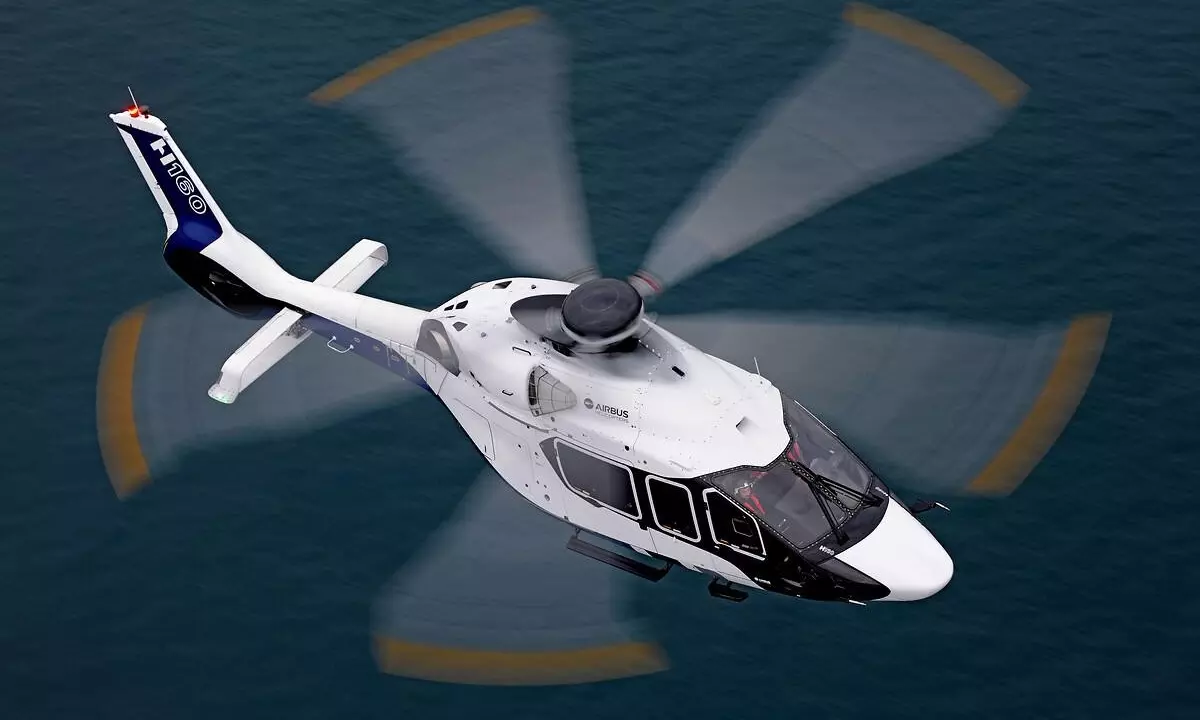Airbus Helicopters H160 Gets DGCA Type Certification

Delhi: Airbus’ H160 helicopter has been granted the letter of type acceptance from the Directorate General of Civil Aviation (DGCA), marking a significant milestone for the rotorcraft that will pave the way for its entry into the Indian market.
India’s growing need for improved connectivity makes it an ideal helicopter country with significant potential for its modest fleet to grow. From commercial passenger transport, offshore flying for the energy sector, emergency medical services to developing segments like aerial law enforcement and aerial works, helicopters will play a major role in the economic growth of India and contribute to nation building.
“We are pleased to receive the DGCA type acceptance for the H160. This paves the way for the introduction of the world’s most modern helicopter in India starting with a corporate customer followed by the potential deployment for other types of missions. Airbus Helicopters is committed to developing a holistic helicopter ecosystem in India including bringing the most advanced helicopter platforms to India, developing local MRO capabilities and, as we announced in January this year, by starting to produce helicopters in India,” said Sunny Guglani, Head of Airbus Helicopters, Airbus India and South Asia.
The H160 is one of the world’s most technologically advanced helicopters, designed and built to deliver the highest levels of operational safety while providing unmatched comfort for rotorcraft in its class. This multi-role helicopter is capable of performing a wide range of missions, such as offshore transportation, emergency medical services, private and business aviation and public services. The H160 has previously received certification from the European Union Aviation Safety Agency (EASA) and Federal Aviation Administration (FAA).

